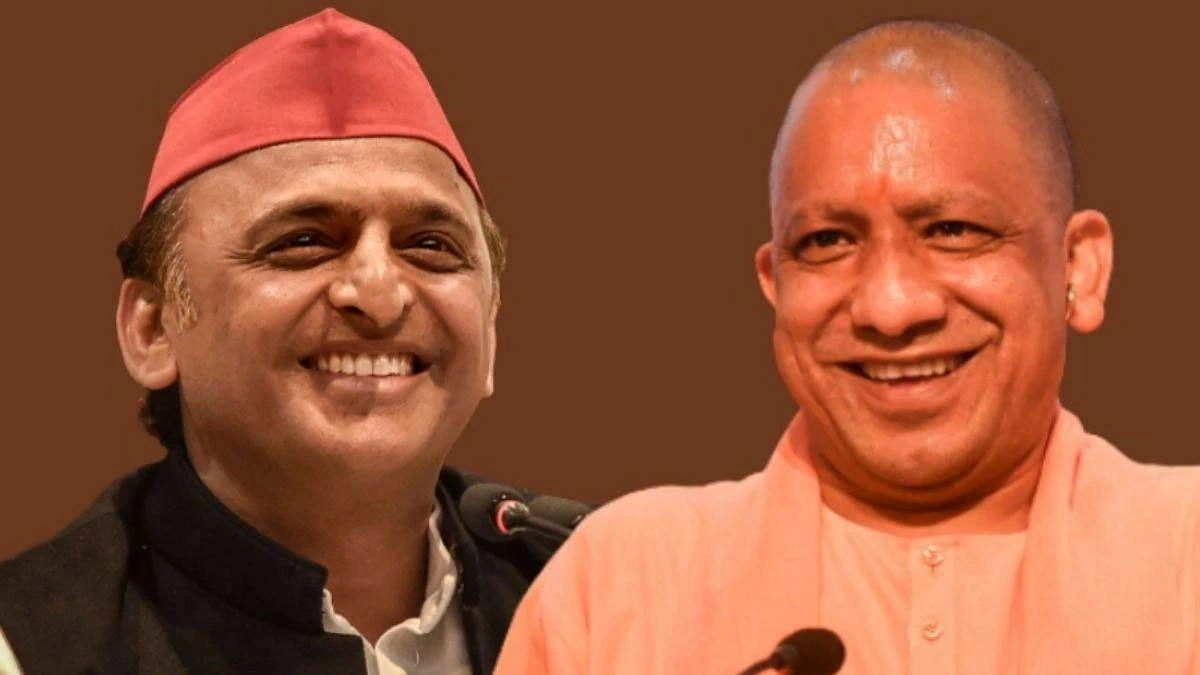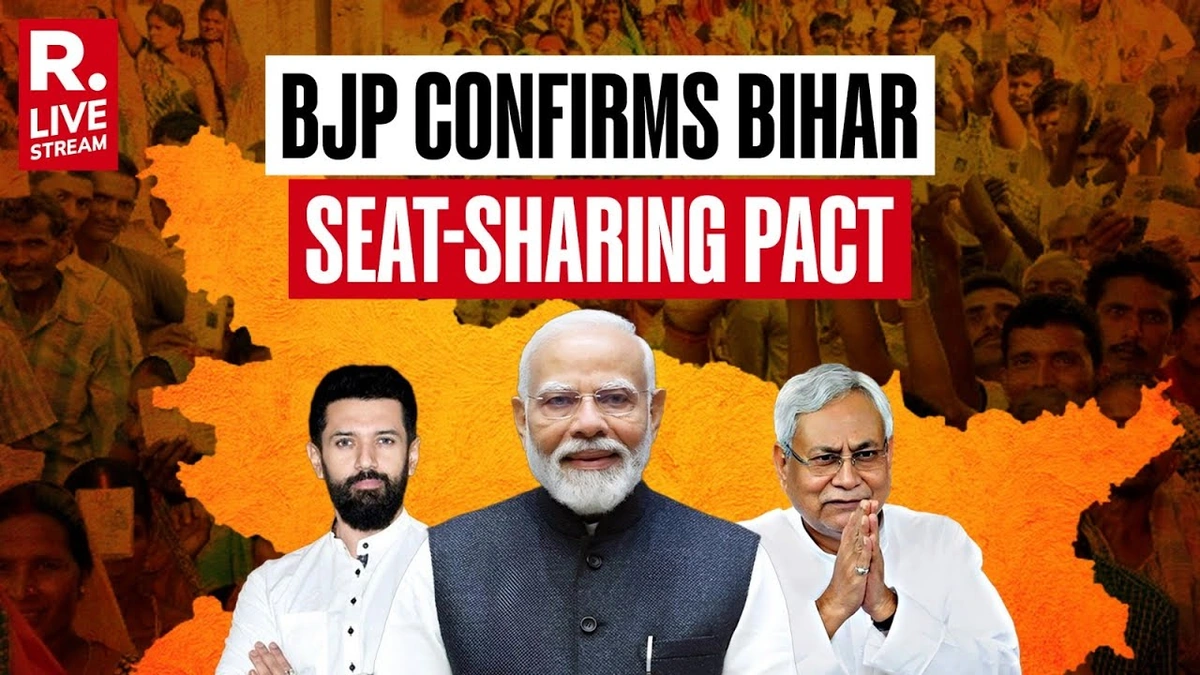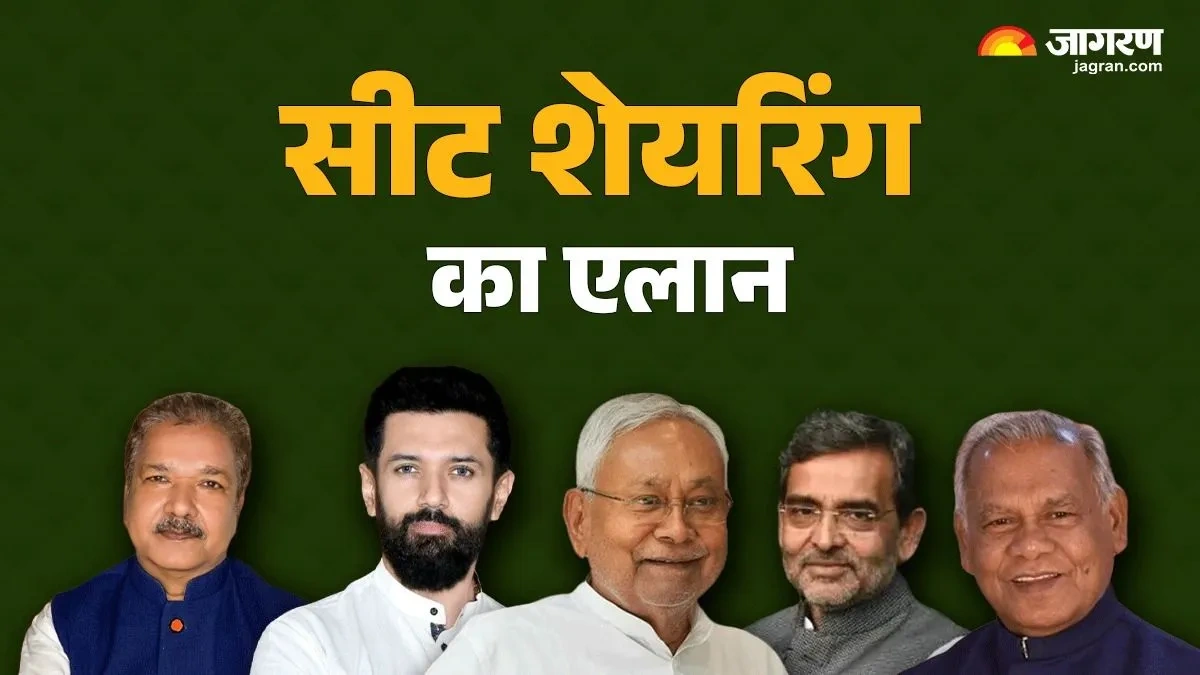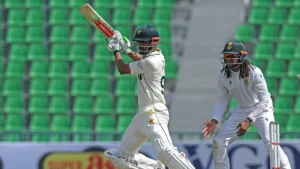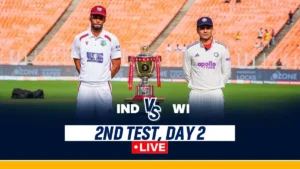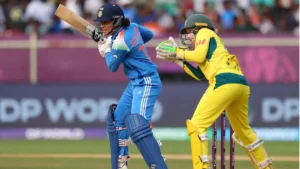Supreme Court Orders Centre to Respond on J-K Statehood Restoration in Four Weeks
The Supreme Court has done it again, wading into the murky waters of Indian politics and legal complexities. This time, it’s about the restoration of statehood to Jammu and Kashmir (J-K). The court has directed the central government to respond within four weeks on exactly when this restoration will happen. Now, that sounds simple enough, right? But here’s the thing – it’s anything but. This isn’t just about redrawing lines on a map; it’s about identity, security, and the very soul of a region that’s been through the wringer. So, let’s dive in. What’s the real story here?
Why This Matters | The Core of the Issue
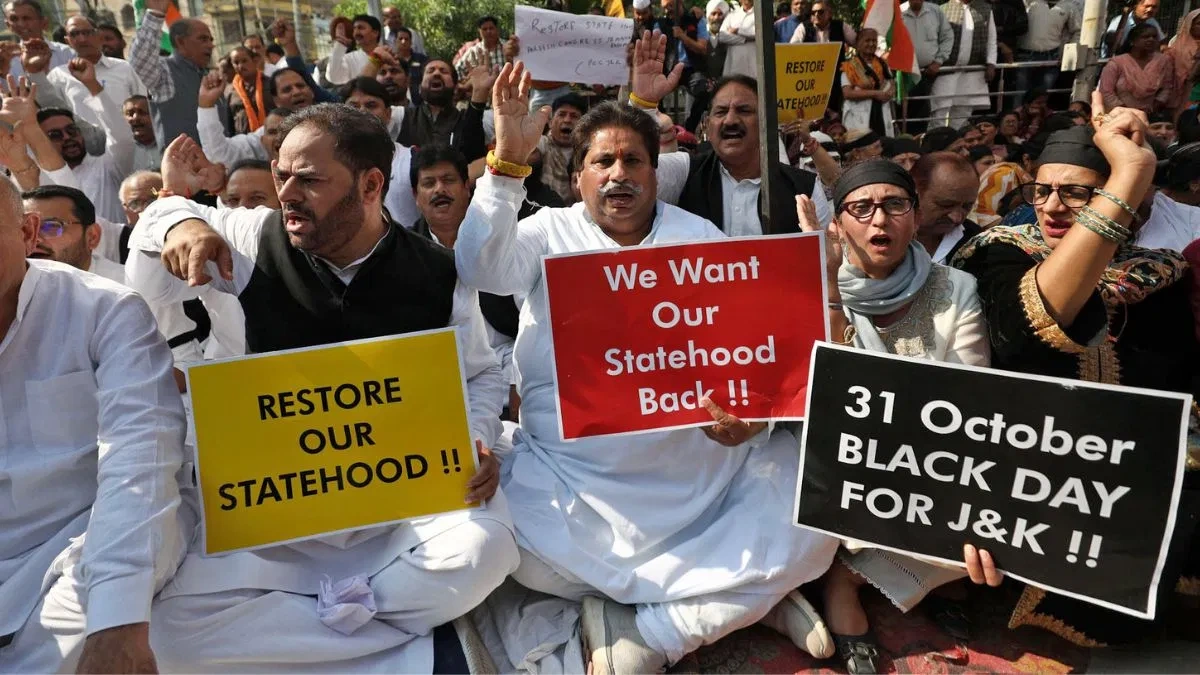
Let’s be honest, the abrogation of Article 370 and the subsequent division of J-K into two Union Territories – Jammu and Kashmir, and Ladakh – back in 2019 was seismic. It wasn’t just a legal maneuver; it was an emotional earthquake for many. The government’s argument was that it would bring development and integration. Critics argued it was a violation of the region’s autonomy and a betrayal of trust. But, and this is important, regardless of where you stand on the issue, the promise of restoring statehood was always part of the narrative. It was the “we’ll get there eventually” part of the deal. The Supreme Court’s intervention now forces the government to put a timeline on that promise. The J-K statehood question isn’t just a political football; it’s about the future of millions. It’s about whether they’ll have a say in their own governance, whether their voices will be heard. The court asking “when?” is essentially asking, “how serious are you about this?”
The Government’s Tightrope Walk
Here’s where it gets tricky. The government is walking a tightrope. On one hand, they need to demonstrate that the situation in J-K has normalized enough to warrant restoring statehood. On the other hand, they can’t appear to be caving in to pressure, especially given the security concerns that were cited as justification for the original decision. What fascinates me is the tightrope walk the central government will need to pull off with regards to the revocation of article 370. It’s a delicate balancing act of political optics, security realities, and constitutional obligations. It involves navigating regional aspirations, national security concerns, and the ever-watchful eyes of the international community.
The Road Ahead | Challenges and Opportunities
Restoring statehood isn’t just about declaring it done. It’s about setting up the necessary infrastructure, ensuring free and fair elections, and rebuilding trust between the government and the people. And, of course, there’s the ever-present shadow of cross-border terrorism, which complicates everything. A common mistake I see people make is thinking of this as a purely administrative process. It’s not. It’s a deeply political, deeply emotional process that requires sensitivity, understanding, and a genuine commitment to the well-being of the region. The challenge is immense, but so is the opportunity – the opportunity to build a more inclusive, more democratic, and more prosperous J-K. But, there are many stakeholders with different views, all of whom want the statehood of Jammu and Kashmir to be restored.
What Happens Next | The Four-Week Countdown
So, what can we expect in the next four weeks? Well, the government will likely submit a detailed plan to the Supreme Court, outlining the steps they’re taking and the timeline they envision. This plan will be scrutinized, debated, and likely challenged. According to various sources, the supreme court order is non-negotiable, and therefore the government must reply within the allocated time. The court may also seek input from other stakeholders, including political parties and civil society groups in J-K. This isn’t just about ticking boxes; it’s about ensuring that the process is fair, transparent, and ultimately beneficial to the people of J-K. And, let’s be real, it’s going to be a bumpy ride. There will be disagreements, delays, and probably a few surprises along the way. But, the fact that the Supreme Court is pushing for a concrete plan is a positive sign. It means that the issue is being taken seriously, and that the voices of the people of J-K are finally being heard. It will be interesting to see how the centre’s response will unfold. To that end, here is a related article about elections in India.
Beyond Statehood | What Truly Matters
Here’s the thing: restoring statehood is just one piece of the puzzle. What truly matters is creating an environment where people feel safe, secure, and empowered. It’s about ensuring access to education, healthcare, and economic opportunities. It’s about protecting human rights and promoting the rule of law. And, above all, it’s about fostering a sense of belonging and shared identity. Let me rephrase that for clarity: It is about giving the locals a feeling of being heard. So, the Supreme Court’s intervention is a welcome step, but it’s just the beginning. The real work lies in building a better future for J-K, one that is based on justice, equality, and respect for all. The key lies in restoring democracy and normalcy to the region. As per government data, many steps are already underway.
FAQ Section
Frequently Asked Questions
What exactly does restoring statehood mean?
It means that J-K would once again have its own elected government, with powers similar to other states in India. This includes the ability to make laws on a wide range of subjects.
Why did J-K lose its statehood in the first place?
It happened in 2019 when the central government abrogated Article 370 and divided the state into two Union Territories, directly administered by the central government.
What are the security concerns in J-K?
Cross-border terrorism and internal security threats remain significant challenges, impacting the pace and manner of restoring statehood.
How will the Supreme Court’s order impact the people of J-K?
Hopefully, it will lead to a faster restoration of their democratic rights and greater control over their own affairs. Many locals believe that democratic rights should be immediately restored.
What if the government doesn’t meet the four-week deadline?
The Supreme Court has the power to take further action, potentially including holding the government in contempt or issuing further directives. According to a leading lawyer, it’s best to keep an eye on the developments in this issue.
Is Ladakh also getting statehood back?
The current focus is primarily on J-K. The future of Ladakh’s status is a separate, though related, issue.
Ultimately, the Supreme Court’s involvement isn’t just about legal technicalities; it’s about holding the government accountable and ensuring that the promises made to the people of J-K are kept. It’s about reminding everyone that democracy isn’t just a word; it’s a responsibility. It is imperative to see how article 370 abrogation impacts the region. Also, if you are interested in Sanjeev Sanyal, here is a fascinating article about him.

